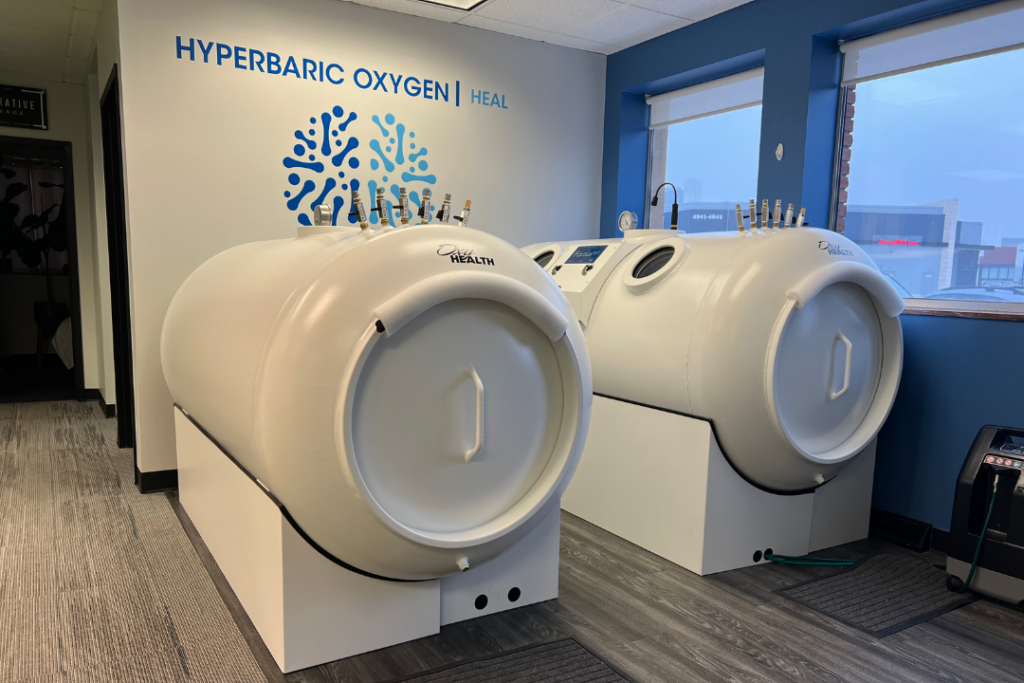What is Auto-Immunity?
Autoimmune disorders are a group of conditions that occur when the body’s immune system mistakenly attacks and damages its own tissues and organs. These disorders can be difficult to manage and may require a combination of medications, lifestyle changes, and other therapies to control symptoms and improve quality of life. Some common autoimmune disorders include rheumatoid arthritis, lupus, multiple sclerosis, and type 1 diabetes.
For individuals with autoimmune disorders, functional medicine can be a particularly useful approach. Here are some ways that functional medicine may be able to help someone with an autoimmune disorder:
Identifying and addressing underlying triggers: One of the key principles of functional medicine is identifying and addressing the underlying causes of a condition. In the case of autoimmune disorders, this may involve identifying and addressing any potential triggers that may be contributing to the condition, such as diet, stress, or environmental toxins. A functional medicine practitioner may work with a patient to identify these triggers and recommend dietary changes, stress management techniques, or other interventions to help reduce their impact.
Supporting the immune system: The immune system plays a crucial role in autoimmune disorders, and supporting immune function can be an important part of managing the condition. A functional medicine practitioner may recommend supplements or other therapies to support the immune system and help it function more effectively. This may include probiotics, vitamins, minerals, and herbs that have immune-boosting properties.
Managing inflammation: Chronic inflammation is a common factor in autoimmune disorders, and reducing inflammation can help to manage symptoms and improve overall health. A functional medicine practitioner may recommend dietary changes, supplements, or other therapies to help reduce inflammation in the body. For example, increasing intake of anti-inflammatory foods such as fruits, vegetables, and healthy fats, and decreasing intake of pro-inflammatory foods like processed meats and refined sugars, can help to reduce inflammation.
Improving gut health: The gut plays a crucial role in the immune system, and improving gut health can help to support immune function and reduce the risk of autoimmune disorders. A functional medicine practitioner may recommend dietary changes, probiotics, or other therapies to support gut health. This may include increasing intake of fiber-rich foods, such as fruits, vegetables, and whole grains, and incorporating probiotic-rich foods like fermented vegetables and kefir.
- Fatigue
- Muscle and joint pain
- Swollen lymph nodes
- Rashes
- Digestive Issues
- Changes in skin, hair and nails
- Changes in taste or smell
- Neurological symptoms
Our advanced solutions for Auto-Immunity
1. Comprehensive Lab Testing
A Baseline lab test can help someone with auto-immunity by identifying any underlying nutrient deficiencies or imbalances that may be contributing to the autoimmune condition. It can also detect any markers of inflammation or autoimmune activity, providing valuable information to guide treatment and management of the condition.

2. Functional Medicine
Functional medicine practitioners often look for underlying causes of autoimmune disorders by evaluating the patient’s lifestyle, diet, exercise, stress management, and gut microbiome. They use a holistic approach to help address the underlying causes of autoimmune disorders, rather than just treating the symptoms.

3. Hyperbaric Oxygen Therapy
Hyperbarics have been shown to help with certain autoimmune conditions by increasing oxygen levels in the body, which enhance immune function, reduce inflammation and promote healing. Studies have shown that HBOT can improve symptoms such as pain, fatigue, and mobility, and may also help to slow down the progression of the disease.

4. LED Light Therapy
LED light therapy is an innovative and promising approach for managing autoimmune disorders. By harnessing the power of specific wavelengths of light, it has the potential to penetrate the skin, reduce inflammation and pain, and promote healing at a cellular level. It’s a non-invasive, drug-free and has no known side effects, which makes it a great alternative treatment option.

Research on Auto-Immunity and various treatments at Statera Health
“Functional Medicine in Autoimmune Disease: A Review” by M.D. DeMeo, M.D. Kachko, and M.D. Kachko: This review discusses the role of functional medicine in the management of autoimmune diseases, including the use of dietary changes, supplements, and stress management techniques.
“The Role of Diet and Lifestyle in the Development and Management of Autoimmune Disease” by K.E. Conlon and M.M. Bird: This review discusses the role of diet and lifestyle factors in the development and management of autoimmune diseases, including the potential benefits of a nutrient-dense diet and stress reduction techniques.
“The Impact of Mind-Body Interventions on Immune Function in Cancer and Other Diseases” by J. Farrar, K.L. Eyers, and A.M. Owen: This review discusses the potential benefits of mind-body interventions, such as mindfulness meditation and yoga, on immune function in cancer and other diseases, including autoimmune diseases.
Low-level laser in the treatment of patients with hypothyroidism induced by chronic autoimmune thyroiditis: a randomized, placebo-controlled clinical trial. https://link.springer.com/article/10.1007/s10103-012-1129-9
Getting Started with a
Personalized Program

-
Consultation
To get started with a personalized program at our clinic, we recommend scheduling a complementary discovery consultation with one of our practitioners. During this consultation, we will review your medical history, discuss your health concerns and goals, and recommend a plan of care. -
Intake Form
This form will ask for information about your medical history and current health status, and it will help us personalize your HBOT experience to your specific needs and goals. -
Personalized Plan
Based on this information, we will create a personalized treatment plan that may include functional medicine strategies, as well as other modalities such as LED light therapy or hyperbaric oxygen therapy. Our goal is to work with each patient to create a treatment plan that is tailored to their specific needs and that will help them to achieve optimal health and well-being.

Need to know more?
Talk to our experts today.
Chat with our staff to learn more about how we can help and how to get scheduled.

